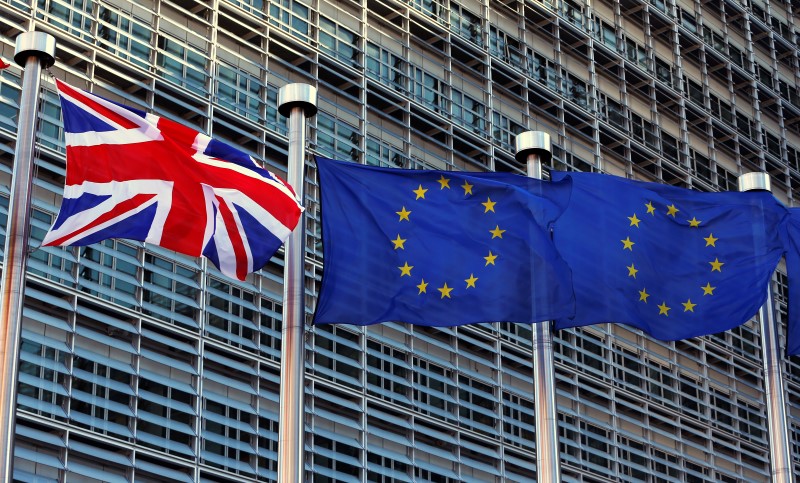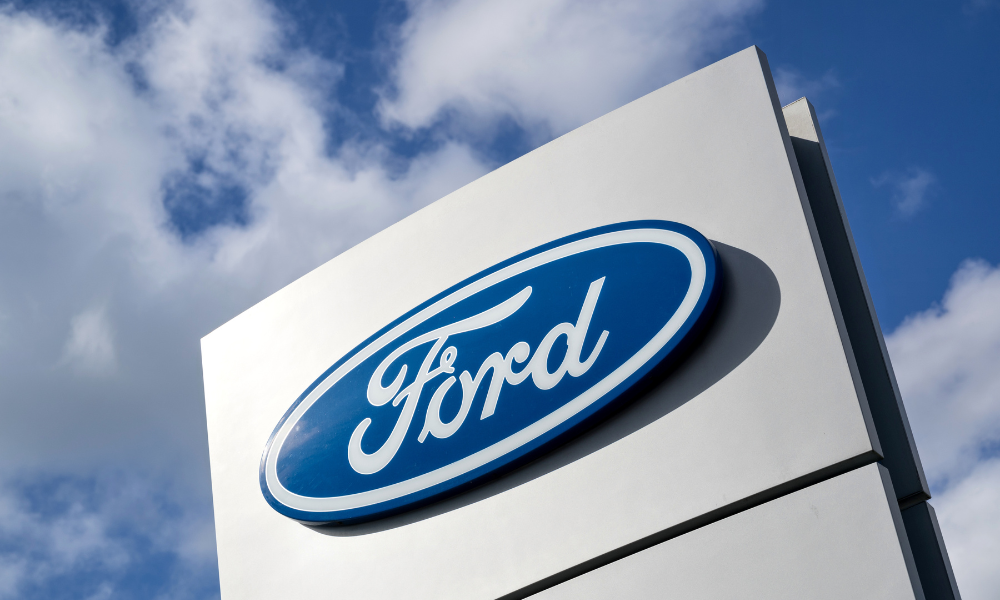World
After-election world: Global stocks to edge higher but Europe may lag – Barclays By Investing.com

Investing.com — Following the recent U.S. election, Barclays (LON:) projected a promising outlook for global equities but warned that European markets may underperform.
A Trump presidency is expected to remove the risk of prolonged election disputes and introduce reflationary policies that reinforce U.S. economic dominance, according to the bank.
With “supportive fundamentals,” Barclays analysts believe “the path of least resistance for global equities remains to the upside,” although market reactions may be volatile in the near term.
Barclays outlines several factors supporting a positive global equity trend.
They note that the “global economy is in decent shape,” driven largely by resilient U.S. growth and unexpected economic improvements in Europe and China.
The bank also highlights favorable year-end seasonality for stocks, bolstered by consumer resilience due to rate cuts and easing inflation.
According to Barclays, a more stable labor market and renewed manufacturing activity could further uplift global markets.
However, fiscal discipline in the U.S. is essential, especially under a Republican-led government, as fiscal expansion could ignite inflation risks.
Barclays believes earnings reports also support an optimistic outlook. Despite mixed Q3 results, Europe achieved positive EPS growth, and mid-single-digit growth for 2025 is deemed “possible,” provided global GDP growth aligns with trend levels.
Nonetheless, Barclays cautions that “tariffs risk is real” for Europe, with the threat of U.S. tariffs on European goods adding pressure.
Valuations, however, suggest a more measured outlook. After years of impressive gains, particularly in the U.S., Barclays notes that returns may be more modest moving forward.
Still, “valuation dispersion is high” with cheaper valuations among non-tech and emerging markets equities, offering selective opportunities.
While rate cuts should ultimately stimulate consumer spending and manufacturing, the bank believes Europe’s reliance on global conditions and risks from potential tariffs mean it may trail behind the U.S.
Barclays concludes with a preference for U.S. consumer exposure and dollar-earning companies, expecting “more U.S. hegemony,” reinforcing Europe’s continued lag in performance.










